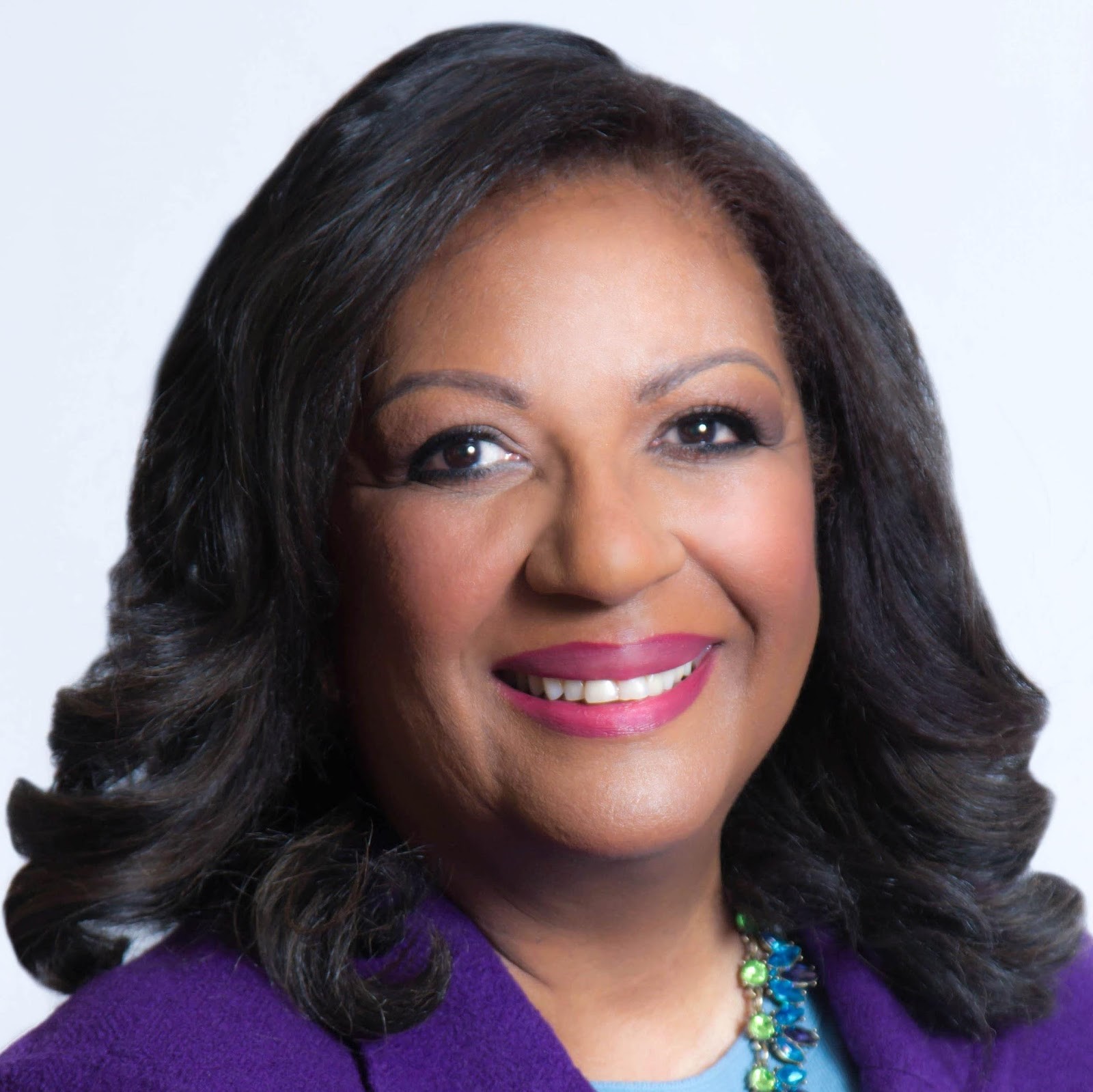Climate Stories Episode #13 – Democratizing Climate Returns: Nisha Desai (HBS 1997) Founder and CEO of Invest With Intention
“We’re democratizing impact investing, not just for impact, but for returns for individual consumers.”
In the late 1990s, a lot of Nisha’s HBS classmates entered the dot-com world, but “I went into energy at Enron. I thought Enron was innovative. The company used creative finance to bring power projects to life.”
After Enron folded, Nisha continued her career in sustainable energy and infrastructure ventures. “We didn’t call it ‘climate’ back then. It was ‘clean energy.’ We were trying to be a bridge between saving the planet with new technologies” while talking to utilities and the “incumbent energy industry” about buying clean sources of power.
Today, Nisha has evolved her focus and is launching a new venture, an innovative impact investment platform, Invest With Intention. “We want consumers to sync what they are investing in with their financial assets, with education about decarbonization investment opportunities in their own homes and cars.”
She continued, “My husband and I have been disciplined savers. But even if you have $1 million in net worth, you don’t have enough capital to invest in the best deals. Why don’t we have the ability to get the same returns as infrastructure limited partnerships or banks or private equity firms?”
Here’s the thesis:
- Nisha has found only two managed funds focused on climate specific investments in the U.S. retail investment market.
- Trillions of dollars per year are expected to flow into private climate investments. But 87% of U.S. households don’t meet the criteria to invest in those private climate funds. These opportunities are closed to the average investor.
- Nonetheless, a Morgan Stanley white paper found that 79% of retail investors are interested in sustainable investing.
- The Federal Reserve calculates that some 9 million households under age 45 have $3.4 trillion in investable assets.
- The Security and Exchange Committee has expressed support for opening up private asset classes to retail investors.
Indeed, back in 2014, Jigar Shah, then founder of SunEdison (now Director of U.S. DOE Loan Programs Office and recent guest on HBS’s Climate Rising Podcast), posited that climate is the largest wealth creation opportunity of our generation. If that’s true, Nisha doesn’t want to miss it. And data supporting the growth of climate investing is stacking up:
- On December 5th, the International Energy Agency revised its renewable power forecast markedly. The agency now sees renewables surpassing coal as the largest source of global power generation by 2025, with an additional 2,400 gigawatts of capacity coming online worldwide over the next half-decade. That forecast is almost 30% higher than last year's edition of the rolling 5-year projections.
- Likewise, a new survey by Columbia University's energy think tank polled investment banks, governments, consultancies, energy companies and others. The analysis projects electric vehicle usage ranging from 11% to 63% of global passenger car sales in 2030 and from 31% to almost 100% in 2050.
“Americans have billions of dollars in their IRAs,” Nisha said, “and they should be able to invest small amounts to be able to solve climate change.” She continued, “If we can pool capital and use due diligence on the products, we can insure both high returns and impact. We’re democratizing impact investing, not just for impact but for returns for individual consumers as well.”
For now, Nisha’s company, Invest With Intention, is in its pre-seed stage. She is busy validating her go-to-market strategy and raising funds. She revealed that she does have “some angels committed and in the bank already!” But she is happy to connect with HBS alums interested in getting involved.
With a laugh, Nisha concedes that most of her career has been “a happy accident.” In college, she thought that she would go to medical school, so she focused on non-science classes and fell in love with economics, or “cool things to do with math.” She began working on a Ph.D. in economics, but secured a lucrative job in consulting and decided instead to pursue her MBA.
Education remains a top priority, even today. She’s finding that a big part of her mission is educational, specifically helping the average investor understand the differences between ESG and impact investing.
A number of articles and webinars are beginning to address those differences, especially since the term ESG has been politicized and even weaponized during the on-going climate debate.
Nisha cited an article by Jacqueline van den Ende, co-founder and CEO of Carbon Equity, who wrote: “ESG has been marketed as a means to have impact, create a better world, to move the needle on issues like climate change. ESG in fact has little to do with impact. The problem here is less of the product but misleading marketing and a whole bunch of opportunism on behalf of asset managers who by and large have benefited from ESG as a sexy and especially higher margin product.”
By contrast, Nisha supports the explanation by Jaclyn Foroughi in the Stanford Social Innovation Review: “Three principles define impact investing: first, there must be an expectation of financial return alongside social and/or environmental impact (or at least a return on capital); second, the change sought—typically social or environmental—must be intentional; and third, there must be an attempt to measure the change.“
Nisha’s goals are more practical. “I want to create a modern investment experience. I want to create a series of funds in stocks, bonds, mutual funds - anything that someone can buy into - all related to climate.”
In the end, Nisha wants to build wealth for families and help solve climate change, at the same time.
About the Author

Jacqueline Adams (MBA 1978) has spent her career as a journalist, author, and convener. She and Bonita C. Stewart (MBA 1983) are co-authors of “A Blessing: Women of Color Teaming Up to Lead, Empower and Thrive” as well as a series of groundbreaking proprietary surveys, Women of Color in Business: Cross-Generational Survey©.

